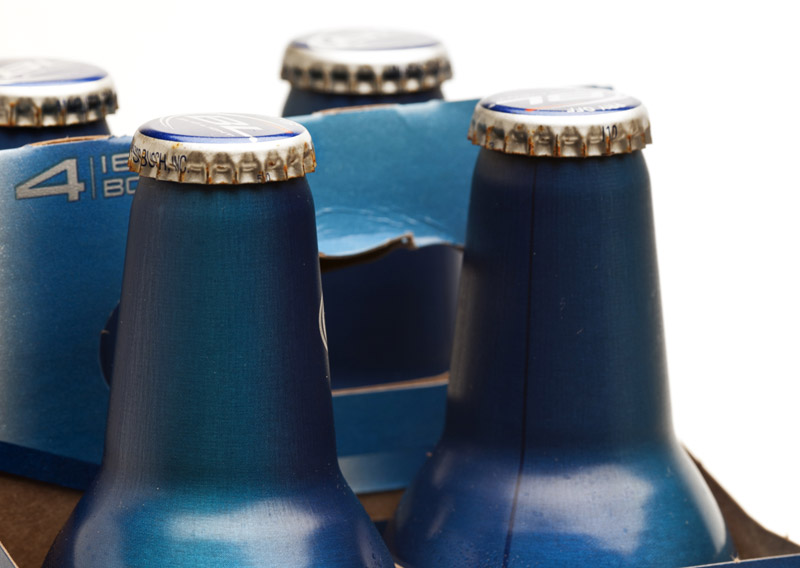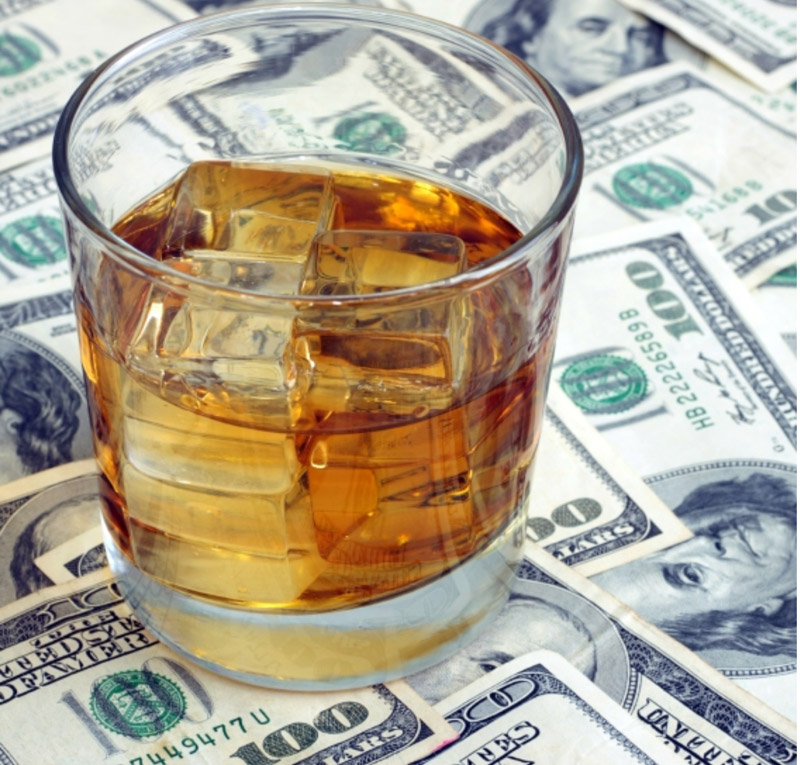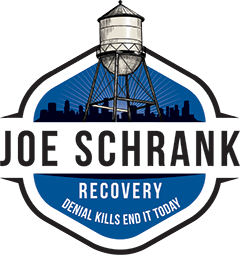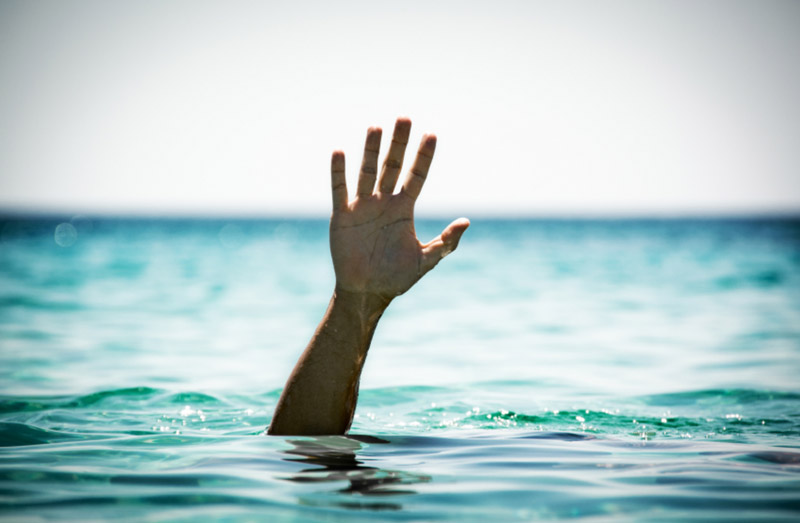Bud Light’s Marketing Campaign
 “The perfect beer to remove ‘no’ from your vocabulary” was the tag line on bottles of Bud Light as part of their “up for whatever” campaign. This is the height of irresponsibility in the alcohol industry. It’s patently offensive that the beer, wine and distilled spirits lobbies inject this substance into the culture with low tax and recession resistant impunity. Alcohol companies are notorious for “drink responsibly” messaging, only to counter it with this, showing their true intention.
“The perfect beer to remove ‘no’ from your vocabulary” was the tag line on bottles of Bud Light as part of their “up for whatever” campaign. This is the height of irresponsibility in the alcohol industry. It’s patently offensive that the beer, wine and distilled spirits lobbies inject this substance into the culture with low tax and recession resistant impunity. Alcohol companies are notorious for “drink responsibly” messaging, only to counter it with this, showing their true intention.
The CDC estimates 88,000 deaths annually from alcohol and a staggering 2.5 million years of potential life lost by shortening lives due to alcohol use. (Alcohol fact sheet cdc.gov).
Taking Action Against the Beer & Wine Industry
Alcohol is a very dangerous psychoreactive substance with massive consequences and somehow, it never pays the piper. Contrast this with an alternative form of intoxication, marijuana, with a death toll of ZERO annually. It matters that the beer and wine industry facilitate alcohol moving stealthy among us, taking lives and wrecking havoc in families and communities. It matters that we demonize marijuana users and distributors when it is by any measure, safer than alcohol.
 For years we have been told to “designate a driver” an innocuous message and one that may save lives but it presumes that is the only thing wrong with excessive alcohol use is impaired driving. The “designate a driver” culture doesn’t take into account that rates of sexual assault rise with the use of alcohol. Bud Light issued an apology and will stop this ad campaign but you can’t unring a bell. The posturing about safety doesn’t really help the social problems associated with alcohol. Today, Bud Light showed their cards, it’s time to hold alcohol companies accountable for the damage done by the product that makes them rich. The state of Virginia hasn’t seen a tax raise on Alcohol since the 70’s. A .10/100 tax per unit of beer sold in the state would yield $169,000,000 annual revenue. That would mean positioned drop in centers throughout the state and admission for state of the art treatment for the asking. When families struggle to find treatment, yes, insurance companies are scum but we are all complicit in this insanity. Write your congressman and demand a tax raise on beer dedicated for alcohol abuse services. It can be done.
For years we have been told to “designate a driver” an innocuous message and one that may save lives but it presumes that is the only thing wrong with excessive alcohol use is impaired driving. The “designate a driver” culture doesn’t take into account that rates of sexual assault rise with the use of alcohol. Bud Light issued an apology and will stop this ad campaign but you can’t unring a bell. The posturing about safety doesn’t really help the social problems associated with alcohol. Today, Bud Light showed their cards, it’s time to hold alcohol companies accountable for the damage done by the product that makes them rich. The state of Virginia hasn’t seen a tax raise on Alcohol since the 70’s. A .10/100 tax per unit of beer sold in the state would yield $169,000,000 annual revenue. That would mean positioned drop in centers throughout the state and admission for state of the art treatment for the asking. When families struggle to find treatment, yes, insurance companies are scum but we are all complicit in this insanity. Write your congressman and demand a tax raise on beer dedicated for alcohol abuse services. It can be done.

